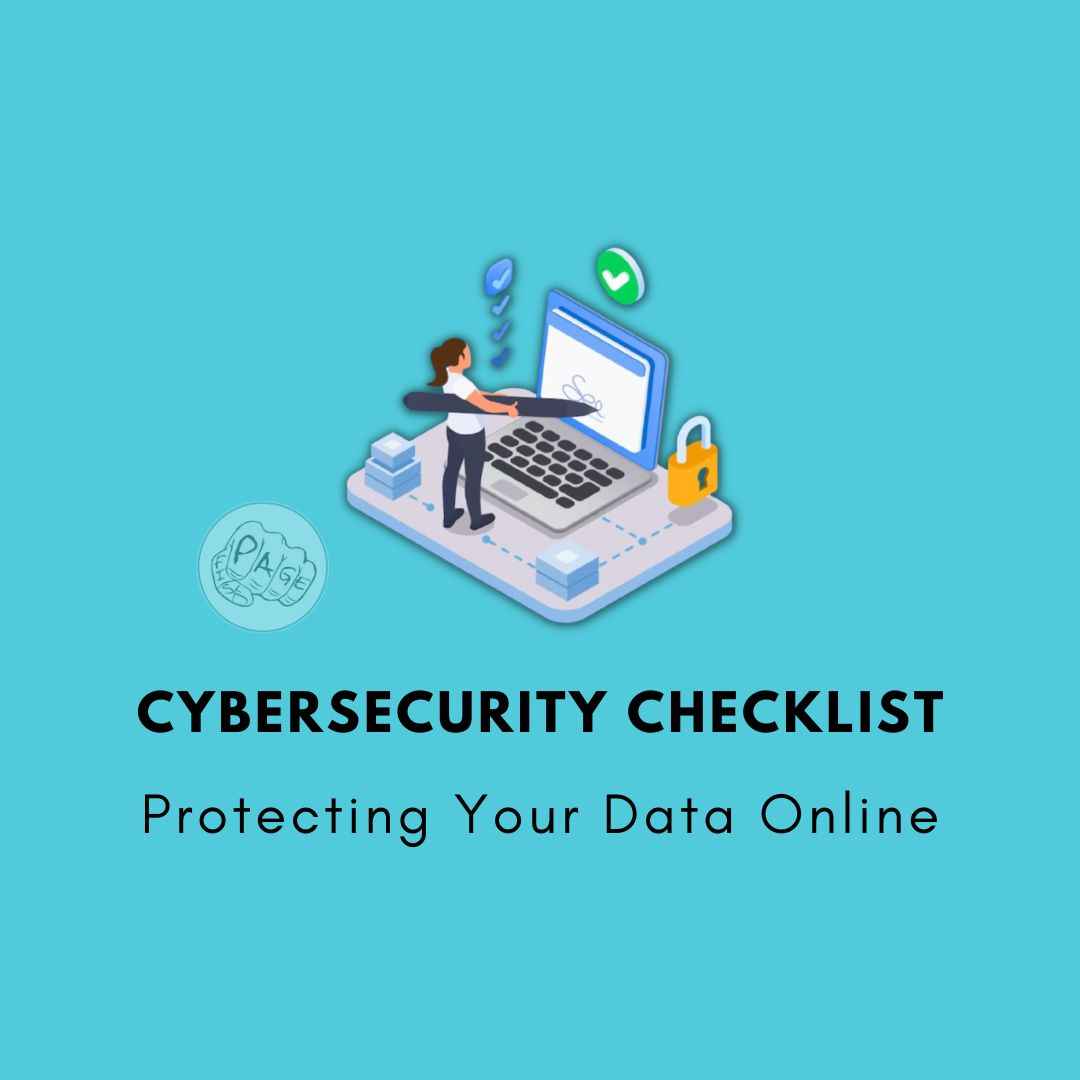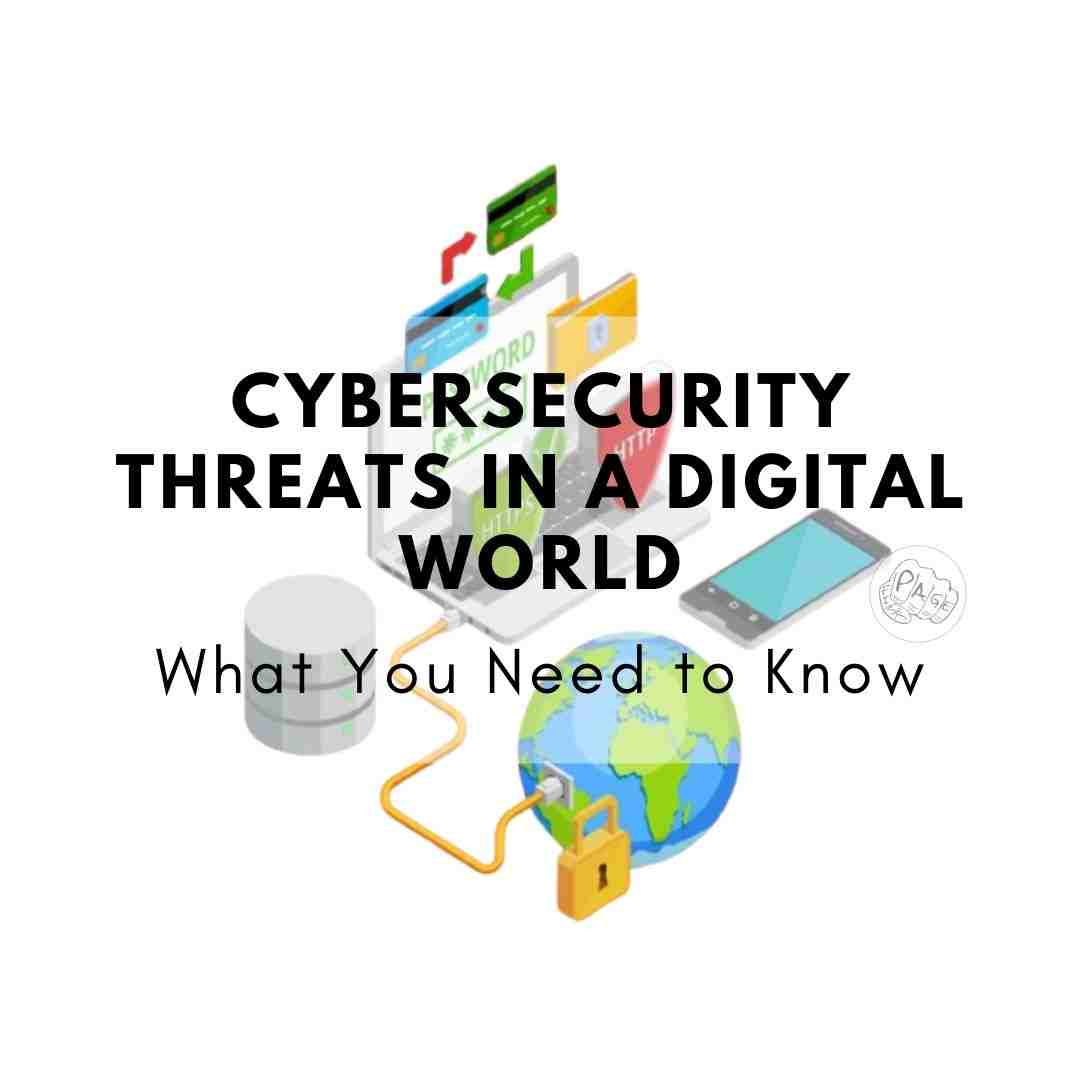What is Social Engineering in Cyber Security?
Social engineering is a form of cyberattack that exploits human psychology and behavior to manipulate, deceive, or coerce people into revealing sensitive information or taking actions that compromise their security. Social engineering techniques can include phishing, baiting, pretexting, quid pro quo, and tailgating, among others. Social engineering attacks can target individuals, organizations, or even entire societies, and can have serious consequences such as identity theft, financial loss, data breach, or physical harm.
Social engineering is the art of manipulating people into performing actions or divulging confidential information. It is a form of cyberattack that relies on human error rather than technical exploits. Social engineering can be used to gain access to systems, networks, data, or physical locations, or to influence the behavior of individuals or organizations.
Some common examples of social engineering techniques are:
- Phishing: Sending fraudulent emails that appear to come from legitimate sources, such as banks, government agencies, or trusted contacts, and asking the recipients to click on a link, open an attachment, or provide sensitive information.
- Vishing: Making phone calls that impersonate legitimate entities, such as tech support, customer service, or law enforcement, and asking the targets to verify their identity, disclose personal or financial details, or perform a certain action.
- Baiting: Leaving physical devices, such as USB drives, CDs, or DVDs, in public places where they can be found by curious or unsuspecting people, and enticing them to plug them into their computers. The devices may contain malware that can compromise the system or network.
- Pretexting: Creating a false scenario or identity to obtain information or access from the target. For example, pretending to be a researcher conducting a survey, a job applicant seeking an interview, or a vendor offering a service.
- Quizzing: Asking seemingly harmless questions that can reveal useful information about the target, such as their hobbies, interests, preferences, or opinions. This information can be used to build rapport, gain trust, or tailor subsequent attacks.
- Tailgating: Following an authorized person into a restricted area, such as an office building, a data center, or a server room, by acting as if they belong there or by exploiting their courtesy.
- Impersonation: Assuming the identity or role of someone who has authority, influence, or access over the target, such as a boss, a colleague, a friend, or a family member.
Social engineering attacks can have serious consequences for individuals and organizations. They can result in identity theft, financial loss, data breach, reputational damage, legal liability, or physical harm. Therefore, it is important to be aware of the signs and methods of social engineering and to take preventive measures to protect oneself and one's assets.
Some best practices to prevent social engineering are:
- Verify the identity and legitimacy of any person or entity that contacts you via email, phone call, text message, or social media. Do not rely on caller ID or email headers alone. Use alternative means of communication to confirm their identity and purpose.
- Do not click on links or open attachments from unknown or suspicious sources. Hover over the link to see the actual URL and check if it matches the expected domain. Scan the attachment with antivirus software before opening it.
- Do not provide any personal or confidential information without verifying the need and the authority of the requester. Be wary of requests that are urgent, unusual, or out of context. Ask questions and seek clarification if something seems fishy.
- Do not insert any unknown or untrusted devices into your computer. Use encryption and password protection for your devices and data. Lock your computer when you leave it unattended.
- Do not allow anyone to enter a restricted area without proper authorization and verification. Do not hold the door for strangers or let them tailgate you. Report any suspicious activity or behavior to security personnel.
- Do not fall for social pressure or emotional manipulation. Be skeptical and cautious of unsolicited offers, compliments, threats, or appeals. Do not let your curiosity, greed, fear, guilt, or sympathy cloud your judgment.
Social engineering is a serious threat that can compromise your security and privacy. By being vigilant and informed, you can reduce your risk of falling victim to social engineering attacks and protect yourself and your organization from potential harm.
Share This Post
Related Articles
Unlocking the Secrets of RAT in Cyber Security
What is RAT in cyber security? Dive deep into the world of Remote Access Trojans, explore their risks, and learn how to protect your digital fortress!
Cybersecurity Checklist: Protecting Your Data Online
Discover the ultimate Cybersecurity Checklist for safeguarding your valuable data online! Learn expert tips, tricks, and strategies to keep your information secure in the digital age.
Cybersecurity Threats in a Digital World: What You Need to Know
Discover the top cybersecurity threats in today's digital landscape and learn how to protect yourself and your data. Stay one step ahead of cybercriminals!
Cybersecurity Essentials: What Every Business Leader Must Know
Protecting your business in the digital age is crucial! Discover the cybersecurity essentials every leader should know for a secure and thriving enterprise.
What is Endpoint Security: Why It Matters and How to Achieve It
Endpoint security is the practice of protecting devices and networks from unauthorized access, data theft, malware, and other threats. Endpoint security solutions typically include antivirus software, firewalls, encryption, device management, and network monitoring tools. Endpoint security is essential for ensuring the confidentiality, integrity, and availability of data and systems in an organization.
Related FAQ
No related FAQ.
Say Hello
To Your Dream





